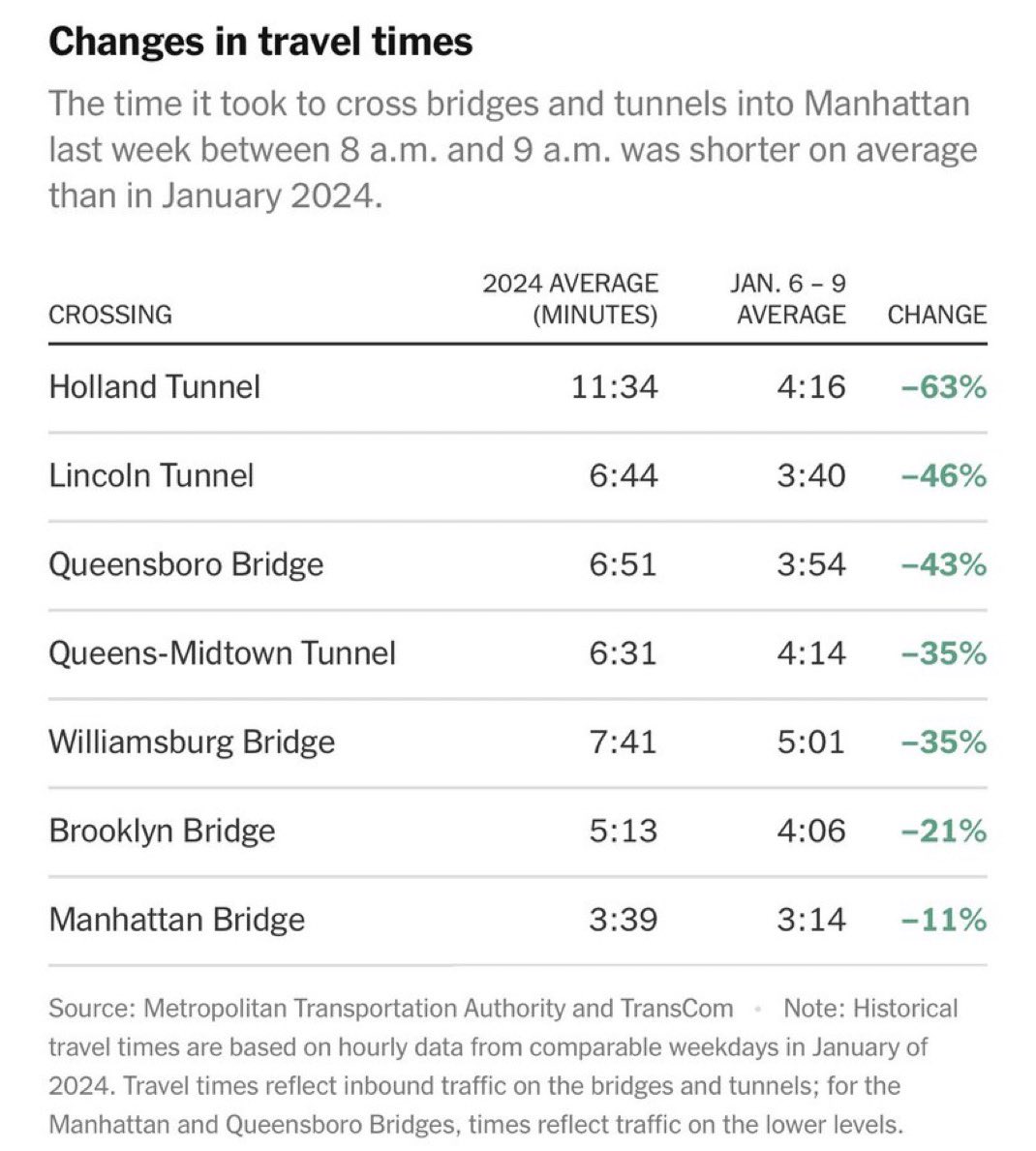Despite trying hard with a new company, of very good people, and four quality applications (with property owners willing to lease remarkable properties) … the Charter School show is over for us unless there is MASSIVE change in personnel and approach. It is, in principle, a very good policy.
Work in 2025
The NZ system is truly a mess by any standard and I/we will look for a range of ways to be a part of improving things for NZ young people in an ongoing way.
– We are working hard towards three high quality private school options – two in central Auckland and one north of Auckland.
– We will continue to advocate to Minister Stanford – who is actually trying hard – for a Designated Character School near an Auckland transport hub for neuro-diverse learners. Seymour has told us not to bother – but we will try never-the-less.
– I am working with a very good team to continue to develop education opportunities for schools visiting Waitangi and the Bay of Islands.
– I have three exciting and major research projects to under-take throughout the year – the main one being an in-depth dig into why some groups are not attending school (or even enrolled) and what the genuine solutions are that need to be applied.
– I will again do the full data process for LEAVERS data for every high school in NZ. The raw data for that becomes available in August. The NCEA/UE results that come out soon are by year group and does not take into account many students in schools who leave at other stages.
– I am writing curriculum for a number of schools and assisting up to 40 high schools with goal setting (based on LEAVERS data) to improve their results over a 5 year period.
– I am working, with a range of good people, to bring David Eagleman (https://eagleman.com/) to NZ in August to speak on the development of the brain of young children.
– I am open to any families who need help/advice for the education of their children.
And a few other things.
Really excited and always looking for people to collaborate with.

Also: – My Substack (alwynpoole.substack.com) will change and be fully dedicated to best practice in learning/education for families, schools and systems. I will write three times a week and very happy to research topics for people and answer questions. If you have children, grand-children or a general interest education … please subscribe!
All the best to you for 2025.
Alwyn Poole
alwyn.poole@gmail.com
Innovative Education Consultants Ltd
Education 710+ Ltd
alwynpoole.substack.com
www.linkedin.com/in/alwyn-poole-16b02151/
Like this:
Like Loading...


